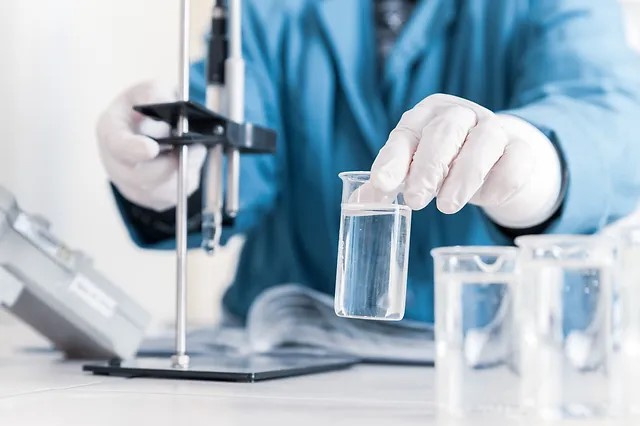

Order a call
 03.10.2023
03.10.2023
In September 2023, the high-tech research laboratory of the RSE branch of the National Center for Expertise in the Karaganda region received 43 water samples for examination.
To determine the residual amount of organochlorine pesticides, specialists conducted 391 studies from water bodies in the settlements of Aksu-Ayuly, Akshatau, Ortau, Koktem Kol and Shetsky districts of the Karaganda region.
All tested samples complied with the standards of regulatory and technical documentation; no positive results were found.
In the laboratory, to detect the presence of organochlorine compounds (OCCs), one of the most popular and universal methods is used - gas-liquid chromatography.
According to experts, water bodies are polluted with organochlorine pesticides in the following ways:
Depending on the form of the compound, pesticides can give water: